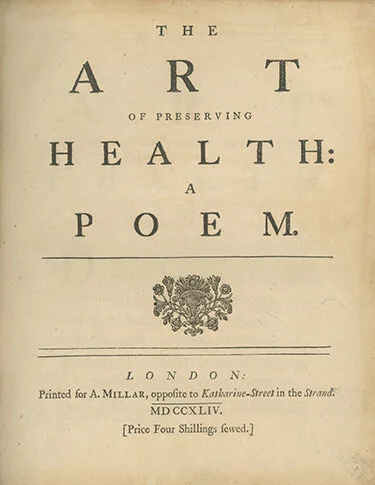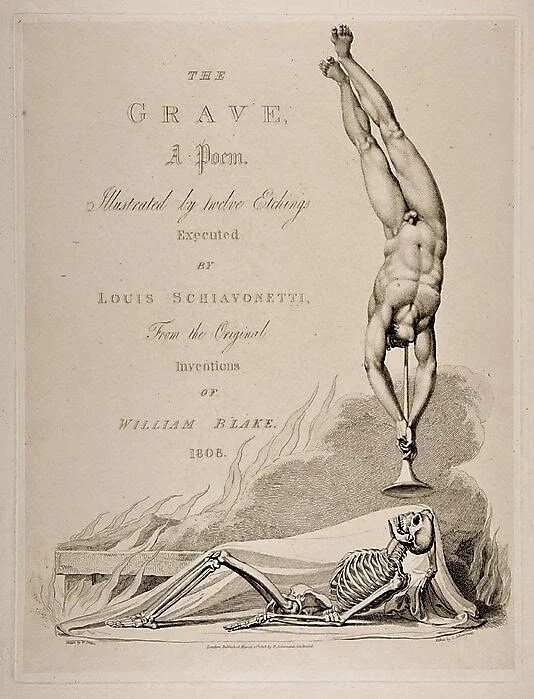Research projects
All Flesh
After being diagnosed with a chronic illness during the first COVID-19 lockdown in the UK, I became increasingly interested in how my research on poetry had helped me make sense of my body and my experience as an ill person. All Flesh is a mixture of narrative literary non-fiction and memoir that looks at a life lived with a body that has been battling itself.
Combining my research expertise and lived experience, I trace how I have come to understand my failing body in solitary spaces that revealed connections to a queer and literary history which stretches back centuries. The project is based around a weekend spent at Derek Jarman’s Prospect Cottage, and how Jarman’s work and time spent in the cottage helped me view my life and illness in a non-linear way. Through a chronological survey of the solitary places that were central to the formation of my sense of self, I trace the echoes of a collective past that act as anchors to moor us when we feel separated from the healthy narratives of society.
This book is an examination of how time is not linear in ill and queer experience, and how their histories cross chronological boundaries to find us in moments of solitude and help us understand ourselves, our bodies, and the pains held within them.
From bedrooms to archives, art studios to MRI scanners, and London’s bustling streets to the crashing waves of the north and south coasts of Britain, I look at how solitary spaces have come to assist various writers and artists in expressing their ill expeience. I trace the queer and literary voices that accompanied me in each of these spaces to explore how hearing other’s attempts at making sense of their own pains, illness, and desires helps us make sense of our own and to fully inhabit our bodies and lives.
Speaking with the dead
While I was writing my PhD on eighteenth-century mourning poetry several members of my own family died, losses that fed directly into my research. There is a long history of bereaved people turning to literature, especially poetry, for consolation. In Say Something Back, her 2016 collection of poems written after the death of her adult son, Denise Riley writes that ‘The souls of the dead are the spirit of language: / you hear them alight inside that spoken thought’. These lines encapsulate my project’s main objective, to explore how the language of poetry transcribes the voices of the dead, as they ‘alight inside that spoken thought’ of the inner voice.
Poems written in periods of grief display sets of feelings and experiences that are difficult for historians to capture in their full intensity.
I am working on a non-fiction project that traces how poetry has provided a permissible way for grievers to reproduce conversations with those who cannot ‘say something back’ or do so only as internal (or, in some cases, hallucinated) voices. As such, these poems of loss and mourning give privileged access to how people have thought, felt and written about experiences of bereavement from the early eighteenth century to the present. This project uses poetry’s interplay of voices, and their performative quality, to open broader public conversations about voice-hearing during bereavement. Poems written in periods of grief and mourning display sets of feelings and experiences that are difficult for historians to capture in their full intensity. I have written on the personal reasons for embarking on this research topic in the European Journal for Life Writing.
Solitude and medicine
Following from my research on the Solitudes, Past and Present project, I am writing a research monograph on the cultural connection between solitude and medicine in the eighteenth century. Solitude has always been considered problematic, and is especially prescient given the current pandemic sending people into various forms of forced isolation. In this project I seek to answer the question: what do we think about when we’re alone? In eighteenth-century poetry, solitude became a means for poets to rise up to the heights of the universe or dive deep into the workings of their own bodies. My project focuses on the figure of the physician, looking at how eighteenth-century physicians turned their thoughts inwards to their own bodies to teach us all about the benefits and perils of being solitary.
To study alone was often the life of the physician in the eighteenth century and solitude led these physicians to turn their eyes inwards and consider the inner mysteries of their bodies. The body was represented as different architectural forms where one could withdraw from society and explore: a church, a labyrinth, a garden. Poetry gave them a means to reconstruct these spaces and unravel the workings of the body for their patients. I look closely at eighteenth-century poems to trace what their rhymes and rhythms can tell us about larger medical questions about what being alone does to our bodies. With concerns rife today about solitariness and its interconnected relationship with health, my research considers the role that poetry and physicians of the past play in our understanding of solitude, and how it can lead to feelings of connectedness.



